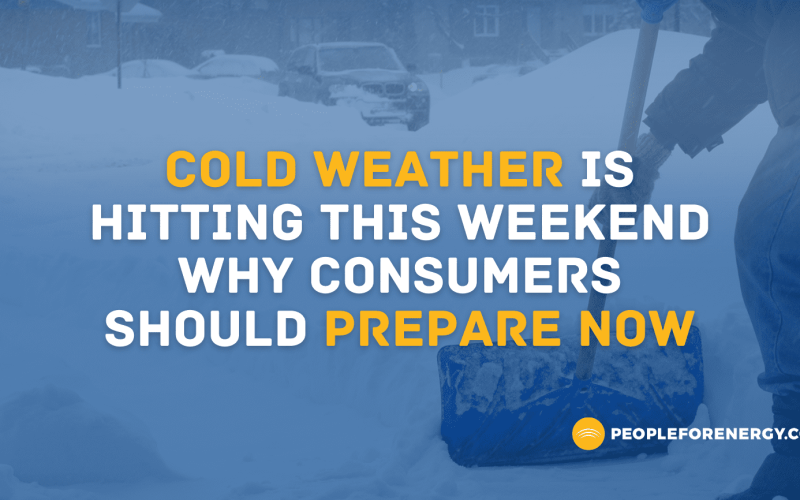THE VOICE FOR THE ENERGY CONSUMER

A sharp drop in temperatures is expected this weekend across several states, including large parts of Texas, bringing freezing conditions, dangerous wind chills, and possible travel disruptions. When cold weather.

The sponsor called his proposals a balance between being open for business and protecting consumers. Two bills meant to address the proliferation of large-scale data centers in Florida just cleared.

The state is well-positioned to capitalize on the unprecedented demand driven by artificial intelligence. President Donald Trump signed an executive order last month establishing the “Genesis Mission,” a dedicated national.

Colorado has made real progress in improving its energy landscape. Cleaner technologies, efficiency improvements, and innovation have helped reduce emissions and modernize the state’s energy system. But for many families,.

Colorado is not just talking about environmental progress, it is actively delivering it. Through long-term planning, targeted action, and measurable goals, the state has made meaningful strides toward reducing emissions.

Power outages affect millions of Americans each year, ranging from winter storms to heatwaves to wildfires. Matthew Gonzales, CEA Southwest Region Executive Director, recently spoke with the Associated Press about.

New Jersey should reject costly experimental policies and instead adopt an all-of-the-above energy strategy to lower costs, attract investment, and avoid the buyer’s remorse seen in states pursuing renewable-only mandates..

Kevin Doyle, Vice President of State Affairs of Consumer Energy Alliance, spoke in an interview regarding the benefits AI data centers offer for consumers and the opportunities these will provide.

ALBUQUERQUE – Consumer Energy Alliance (CEA), the leading energy and environmental advocate for families and businesses, today announced the appointment of Bridget Condon as Director, Southwest. Condon will help lead.

The recent cold spell that sent you to the thermostat to launch the furnace for the first time this winter may have you wondering, how old is that thing? The.